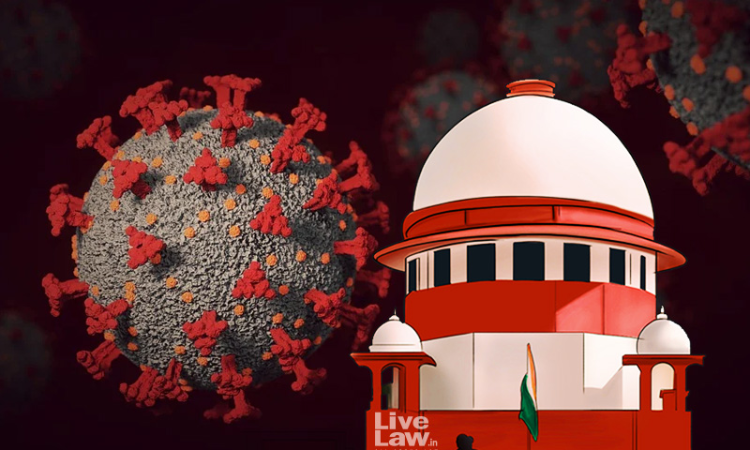Supreme Cout Leaves DCPCR Suggestions On COVID Vaccination For Pregnant, Lactating Women For Centre's Consideration
Mehal Jain
25 Jan 2022 5:04 PM IST

Next Story
25 Jan 2022 5:04 PM IST
Leaving it open to the Union of India to take a considered view after evaluating the suggestions as regards making a software adjustment to the COWIN portal to allow pregnant women and lactating mothers to identify as such, for their targeted tracking post immunisation, and for publication of results of relevant studies, the Supreme Court on Tuesday dispose off the petition by the DCPCR...
